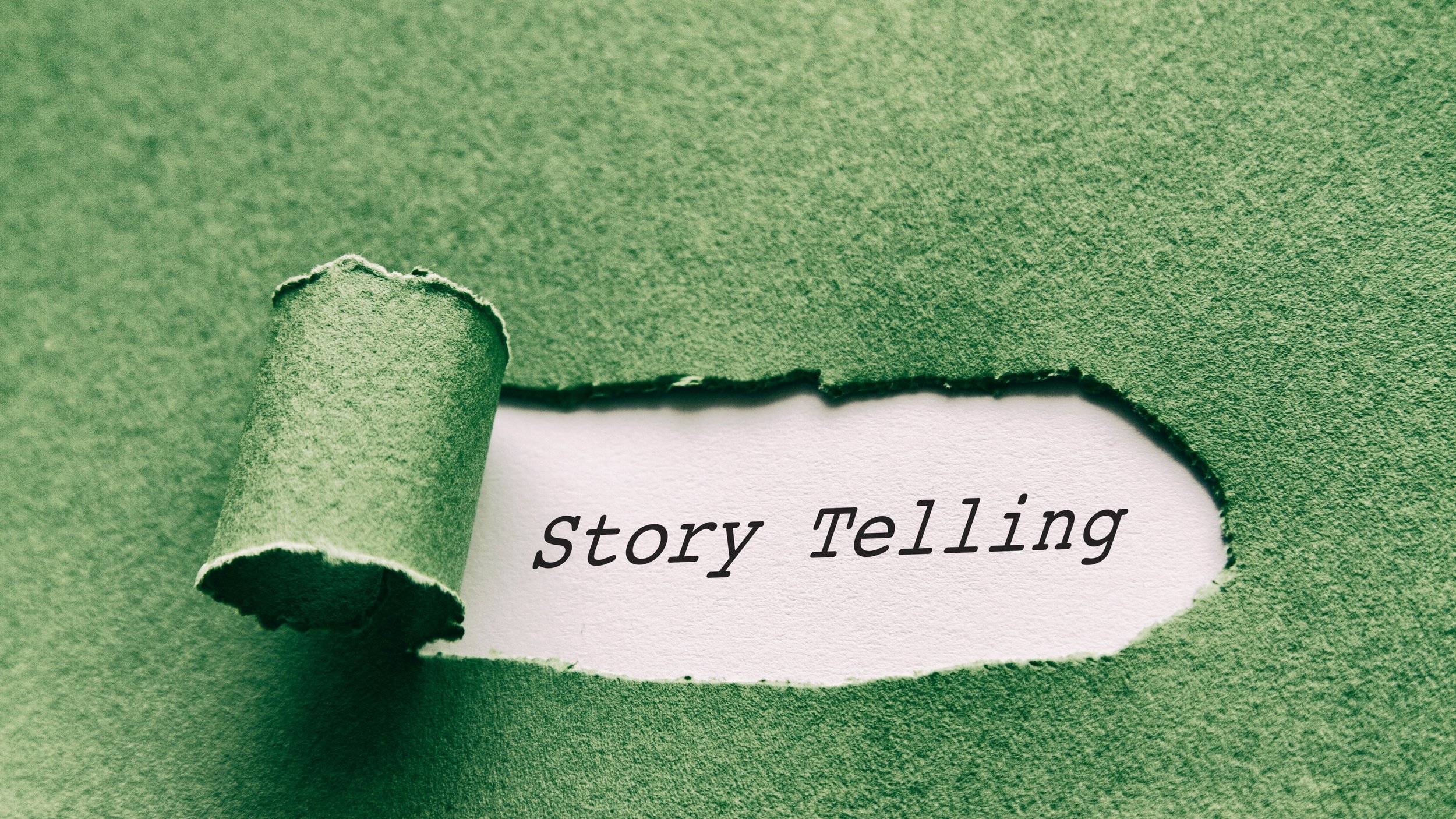
GenViR Digital Stories: The voice of strength and resilience from the communities
Storytelling and theatre methodologies championed by the project within the adopted emancipatory paradigm will facilitate creative and safe learning opportunities from community assets about indigenous intersecting social, cultural, economic, educational, and housing vulnerabilities of this marginalised community disadvantaging their access to facilities and support, resulting in poor health and higher risk of violence. With the aim of addressing community voice in culturally relevant co-creation of critical areas of change, this approach is modelled on the work of Fals-Borda and Rahman where they argue for participatory reconstruction of knowledge and the ability to be inclusive of the immediately affected persons with the aim of new understanding and empowerment. Thus, the network Therefore, it is important to conceptualise women as change agents with existing knowledge and skills that can be communicated across generations and transcend family ties, compromised through the process of migration, for mutual empowerment. This ethical positioning of the project builds on the expertise from national and international research projects utilising techniques of applied theatre, storytelling and digital media for collaboration and dissemination.
What are digital stories?
Digital storytelling involves the creation of short 2-3 minute narrative films, voiced by the storyteller. These stories are created in collaboration with selected participants who give their consent for co-creating their stories to be told to the world. These include images and live film footage selected by the participants, a voice-recording created by the participants, and will be co-created during a digital storytelling community workshop with local stakeholders. The participants will be given a multi-layered participatory module so that they can have greater agency and control in the process.
Planning Applied Storytelling and Theatre workshops as part of the GenVir Network. A conversation with Prof. Selina Busby, Dr. Andy Barrett & Dr. Antonia Liguori.
GenViR Digital Stories were co-created with the following communities in the months of June & July 2023
Slum-dwelling migrant women in Pune - Digital Stories with slum dwelling migrant women in Pune will be collected to understand the wider social, cultural and structural aspects of violence as it is implicated in the lives of women. The focus of these stories is to facilitate the women to recognise their own narratives and share them as they deem fit. The significance of these narratives is to also recognise the spaces/sites and factors from which these women derive strength to become resilient in the face of powers that are and powers that will be.
Hijra community in Pune - The Hijra community has a very peculiar social and cultural position in the Indian subcontinent. Consequently, their perceptions and experiences of GBV are essentially very different from that of men or women. It is then no surprise that their understanding of strength and resilience may also differ fundamentally from other groups. To capture such diverse experiences Digital Stories will be applied to these three groups who are vulnerable, disadvantaged and marginalised in their own ways but which also display their own versions of strengths, resilience and hope for a better future.

